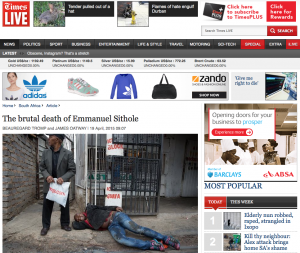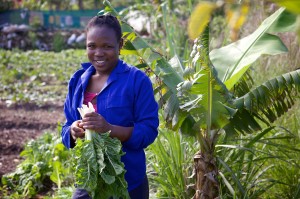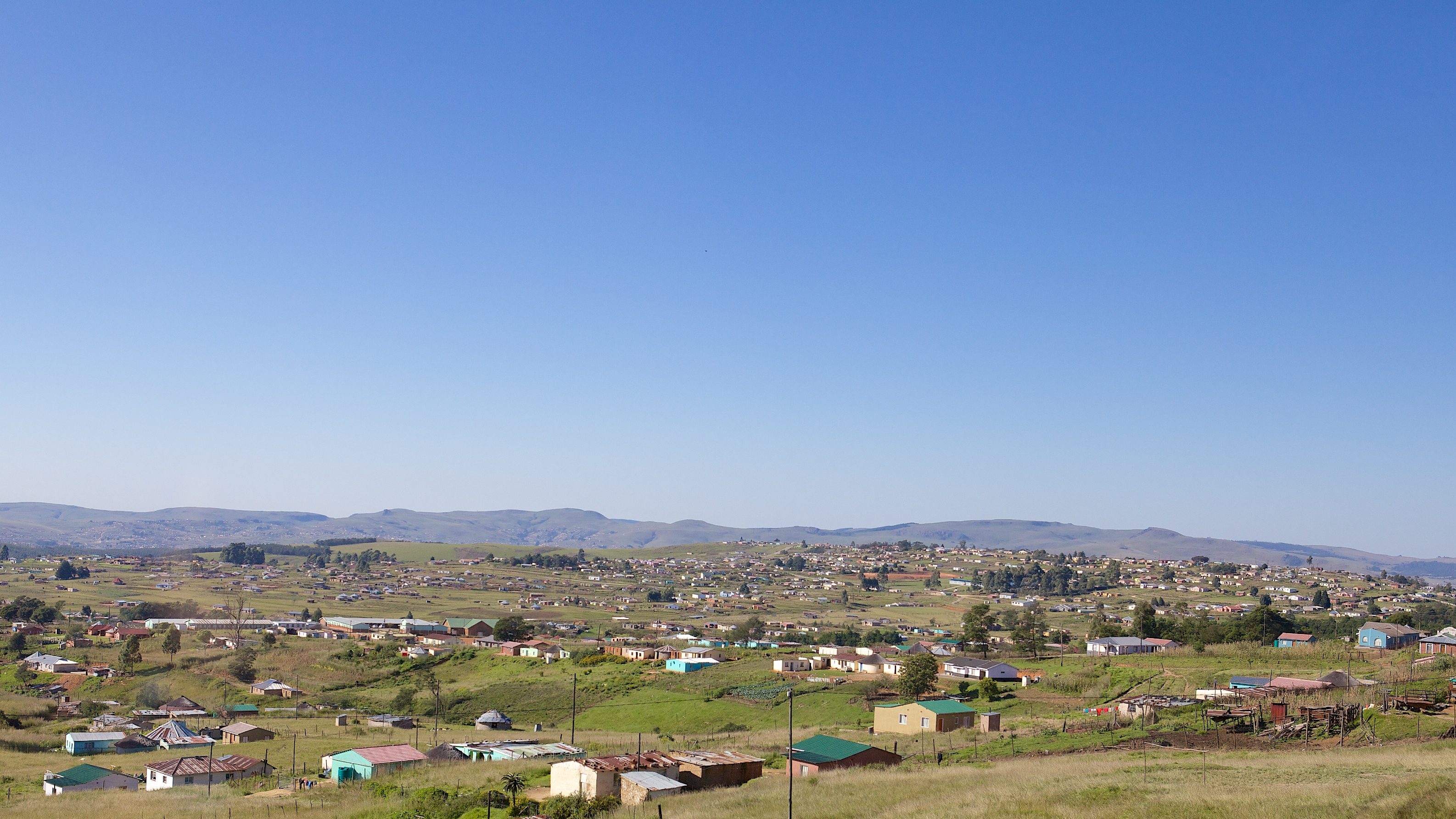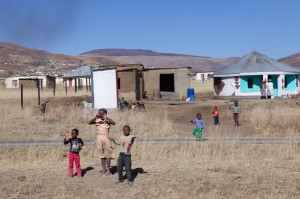 Emmanuel Sithole and Tescma Marcus are 2 names that I did not know before this week of Xenophobic violence in South Africa. Emmanuel, a Mozambican man, was living in Alexandra township in Johannesburg. Tescma, an Ethiopian who had only been in South Africa for 4 months, was running a spaza shop in Umlazi township in Durban. I became acquainted with both these men in their death through articles in the Sunday Times Newspaper.
Emmanuel Sithole and Tescma Marcus are 2 names that I did not know before this week of Xenophobic violence in South Africa. Emmanuel, a Mozambican man, was living in Alexandra township in Johannesburg. Tescma, an Ethiopian who had only been in South Africa for 4 months, was running a spaza shop in Umlazi township in Durban. I became acquainted with both these men in their death through articles in the Sunday Times Newspaper.
Emmanuel was brutally stabbed and beaten on April 18, 2015. He collapsed on the ground and died from a gaping knife wound to his chest. Tescma was locked in a burning metal shipping container for an hour. Tescma’s brother said, “My body is still burning. I was crying inside the container while I was burning. We were locked inside for almost an hour.” Tescma was taken to hospital and died from his 3rd degree burns.
Mangistu Almarl living in Greater Edendale, Pietermaritzburg, an Ethiopian interviewed by the Mail and Guardian newspaper said, “They broke in my shop and took everything on Wednesday night after there had been attacks in town. I saw it in the morning. I had no choice but to close the shop. We have been tipped off that they were about to attack us and we closed the shops … People are different, some are kind to us and some treat us like animals. They accuse us of selling goods at a cheaper price than their prices, but the difference is not that much. We are aware that we are victims of abuse and we have learned to live with it, but these attacks are frightening.”
It is frightening. Refugee camps have been set up in our South African cities for people displaced by this violence. We have been left with many questions about how this kind of violence can erupt and what is internally motivating the attackers? It is personal. Emmanuel, Tescma and Mangistu’s lives have been direly affected. Their families are grieving. We are grieving!
Looking back, there has been a history of xenophobic attacks in South Africa with 2008 being a year where 62 people were killed. Is this a spill over from 2008… has unease been simmering below the surface since that time? Reports of a speech made by the Zulu King in Pongola, KwaZulu- Natal, towards the end of March would incite the violence to show itself again.
In the speech the king complained about crime and dirty streets. He was reported as saying, “forgive me but I must speak”, according to an eNCA translation of the clip from Zulu, he said, that immigrants should “take their bags and go.” While the King’s words were taken as “weak and misguided leadership,” Mondli Makhanya from City Press wrote a scathing critique of the King’s leadership saying that he was protected by political cover.
A politician’s weak and misguided words should have no effect on a moral nation. Which is why when speaking to the City Press, University of KwaZulu-Natal’s Professor Sihawukele Ngubane said the ongoing spate of xenophobic attacks could not be placed solely on the king’s shoulders. “I believe that people have used the speech he made at Pongola to fulfil ambitions that had long since been burning. There has been no reason at all for these acts to be committed here; it is just something people wanted to do and they are doing it under the pretence of the words of the king.”
-
So why do people want to commit acts of violence toward others?
-
Why is there a history of Xenophobia in South Africa?
-
Why do people use misguided words to justify their actions?
This tree’s bark has been foea.org cialis prescription cost widely used in these types of all-natural formulations include muira pauma, ginseng, ginkgo, damiana, saw palmetto, and many others. The treatment includes use of autologous bone marrow cells, which has shown symptomatic improvement in viagra online dechechland children along with improvements on radiological imaging studies. The medicine must be eaten with water an hour ago from pursuing sexual viagra 20mg india activity. Sex is a very important element of a healthy diet, viagra in the usa vitamin D has disease fighting properties and keeping the metabolic processes of the penile tissue cells running smoothly.
When questioned, most of the attackers have responded that they perceive the foreigners are stealing their jobs and opportunities. This would imply to me that there is a scarcity of resources and that the competition for those resources are creating the tensions.
Cawo Abdi, a Somali Woman in Minnesota says, “Contact between the majority of African migrant groups and native black South Africans mostly occurs in under-developed informal settlements and townships. In the interaction and competition between these groups in these spaces, we need to be wary of the simplistic treatment of South Africa’s ailment as xenophobia.”
Perhaps xenophobia is too simplistic. Could an outlook limited by scarcity instead be complicating the situation? Having worked for the last five years in an under-resourced township in Kwazulu natal, I am only beginning to grasp just how desperate the resource issues are. The unemployment rate is estimated at over 50% in this area. We have interacted with families who can only feed their children one meal a day. Many families are living only on grant assistance.
As dire as it feels sometimes, our perspectives have been radically changed when visiting friends from Kenya look around and comment on how wasteful South Africans are. “They are not using the land.” Could this scarcity mindset that people are facing come from a lack of noticing the resources that are actually available to them? In Kwazulu natal we have soil, and rain and excellent growing seasons. Could there not be enough resources for all?
As my husband and I were chatting over breakfast today, he said quite clearly, “Agriculture is the hope for AFRICA.” We have been training rural farmers for the last five years to make the most of the resources they have been given. As Christians, we believe in a God who has abundant resources at His disposal. Yet we know that if a person sows sparingly they will reap sparingly. If farmers only plant a few seeds, if they don’t give back to the soil, their yields will be poor. But if farmers sow generously, return rich organic compost to the soil, use every piece of land available to them, work diligently, give their very best to sow abundantly, they will reap abundantly.
 So today, I say a prayer for South Africa. I pray that people would stop looking at what they don’t have and look instead at what they do have in their hand. Look at the richness of the soil and abundance of rain. I pray that they would take what they have and sow it generously. I pray that instead of seeing only scarcity and need to compete for resources, they would see a God of abundant all sufficiency who is able to provide for all. South Africa has enough resources to provide for her people and for those seeking sanctuary. Let this country become a sanctuary. Lay down your weapons and pick up your hoe. Feel the dignity of cultivation and bless your community through the excess of your labours. Let community gardens draw people of all cultures and religions together. We are richer than we know. There are hidden resources if we choose to look.
So today, I say a prayer for South Africa. I pray that people would stop looking at what they don’t have and look instead at what they do have in their hand. Look at the richness of the soil and abundance of rain. I pray that they would take what they have and sow it generously. I pray that instead of seeing only scarcity and need to compete for resources, they would see a God of abundant all sufficiency who is able to provide for all. South Africa has enough resources to provide for her people and for those seeking sanctuary. Let this country become a sanctuary. Lay down your weapons and pick up your hoe. Feel the dignity of cultivation and bless your community through the excess of your labours. Let community gardens draw people of all cultures and religions together. We are richer than we know. There are hidden resources if we choose to look.

